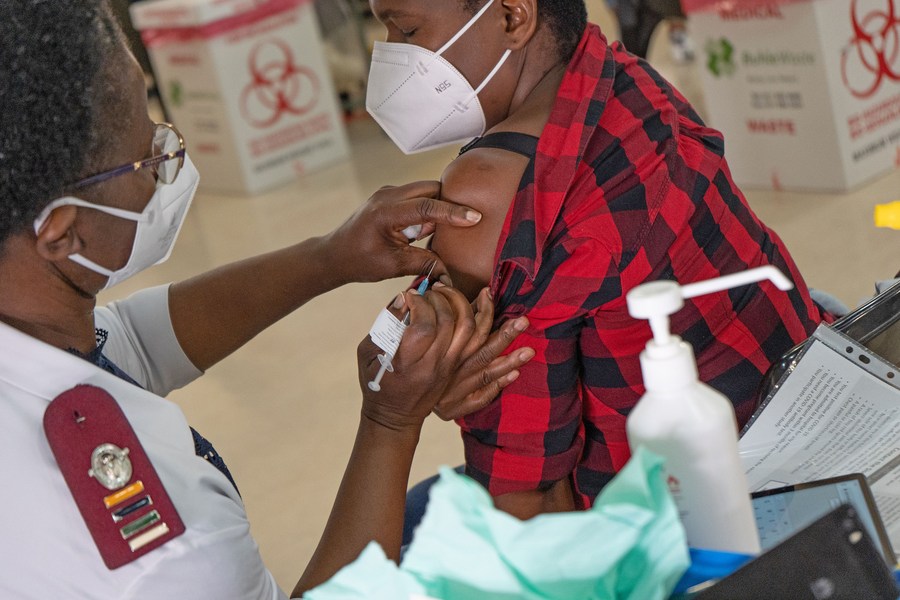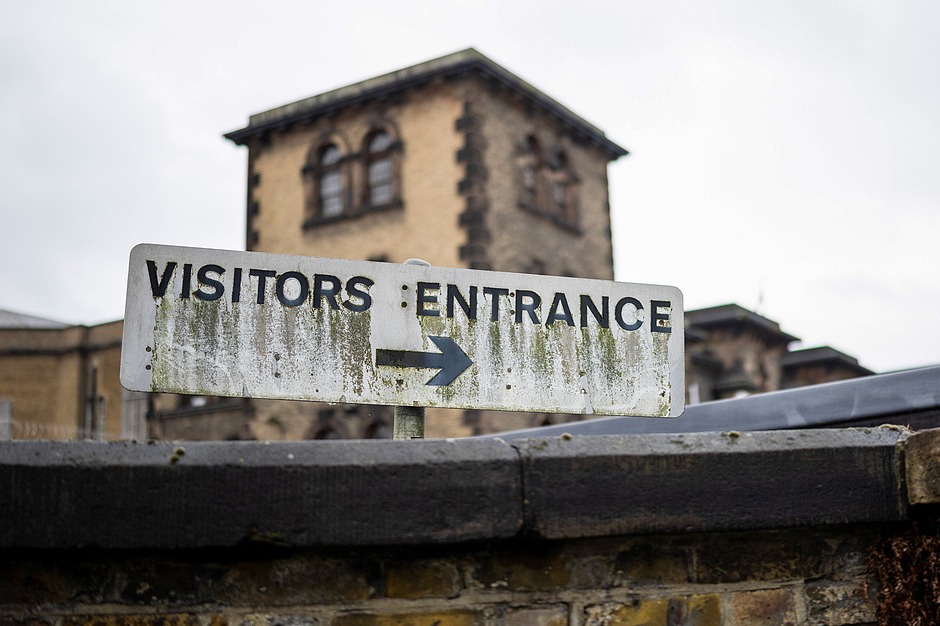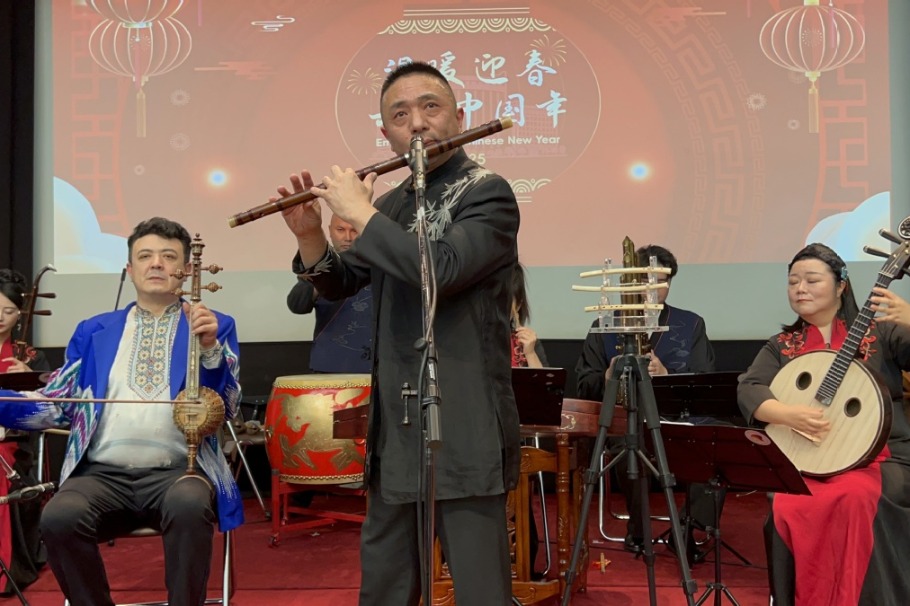WHO report draws lessons from COVID-19 pandemic


A report recently published by an independent panel of experts who reviewed the global response to the COVID-19 pandemic has pinpointed equitable and widespread distribution of vaccines, along with the consistent rollout of regular disease control measures, as the linchpin to ending the pandemic.
Preventing the next pandemic will entail broad reforms of emergency response systems on the national and international levels, according to the main report issued on May 12 by the Independent Panel for Pandemic Preparedness and Response, which was convened by the World Health Organization in July and comprised 13 international experts.
The report called for empowering the WHO, strengthening surveillance networks and upgrading platforms tasked to allocate essential medical supplies.
"In our eight months of work, the team set a clear goal, which is to draw lessons from the pandemic and offer suggestions for the future," Zhong Nanshan, a prominent Chinese respiratory expert on the panel, said in an interview on Monday.
Chinese public health experts said the report offered comprehensive and objective recommendations, as well as calling for immediate action.
Feng Zijian, former deputy director-general of the Chinese Center for Disease Control and Prevention, said "a whole-of-government and whole-of-society approach" forms the basis of China's disease control work. The report also recognized that this approach can effectively curtail the spread of the virus.
"By enforcing robust public health measures, such as wearing masks, tracing and isolating close contacts, mass testing, social distancing, China achieved decisive outcomes in three months," he added.
Such assertive containment strategies were absent in large parts of the world, even after the WHO declared COVID-19 to be a public health emergency of international concern, its highest level of alarm, on Jan 30, 2020, according to the report.
Li Liming, a professor at Peking University's School of Public Health, said many countries wasted a great deal of time by adopting a "wait-and-see" attitude throughout last February.
"The world does not lack disease control strategies, but is short of effective enforcement," he said."Globally, a coordination mechanism for pandemic preparedness and response is needed and information sharing and cooperation between health departments, other government agencies, private sectors and communities should be stepped up."
Wang Chenguang, a professor at Tsinghua University's Vanke School of Public Health, said a key message of the report is that the world is still in the midst of the pandemic.
"In particular, severe challenges remain in the supply and allocation of COVID-19 vaccines and other medical equipment," he said.
To resolve the imminent threat, he said global solidarity should be ramped up. "Politicization of health issues runs counter to global interests," Wang added.

































